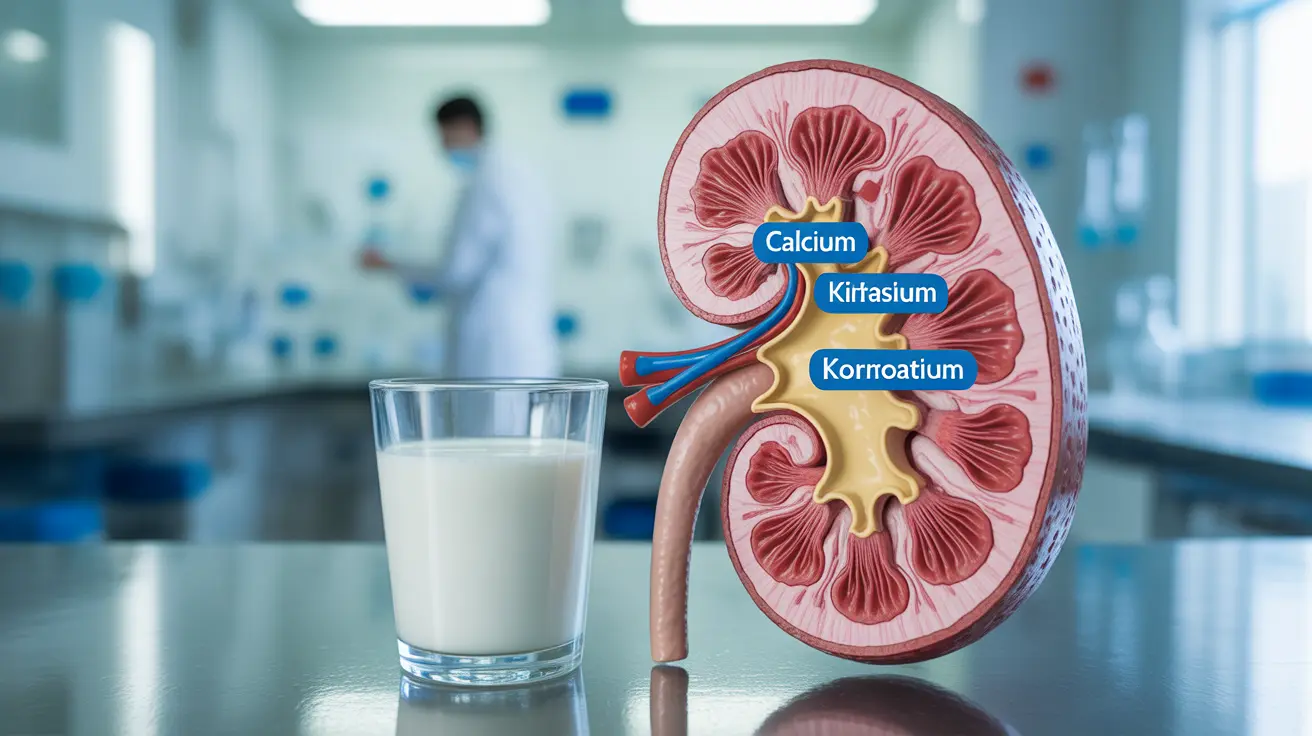If you've noticed increased urination after consuming milk or dairy products, you're not alone. This common phenomenon has several scientific explanations and can sometimes indicate underlying health conditions that require attention. Understanding why milk affects urination patterns can help you make informed decisions about your dairy consumption and overall health.
The Connection Between Milk and Increased Urination
Milk contains several components that can influence how often you need to urinate. The primary factors include its high water content, natural minerals, and specific proteins that affect your body's fluid balance.
Natural Diuretic Properties
Milk contains minerals like calcium and potassium that can act as natural diuretics, substances that increase urine production. When these minerals are processed by your kidneys, they can trigger increased fluid elimination through urination.
Lactose and Fluid Balance
Lactose, the natural sugar in milk, can affect how your body handles fluids. For people with lactose intolerance, undigested lactose can draw additional water into the digestive system, leading to more frequent urination along with other digestive symptoms.
Medical Considerations and Risk Factors
Milk-Alkali Syndrome
Excessive consumption of milk products, especially when combined with calcium supplements or antacids, can lead to milk-alkali syndrome. This condition affects your body's acid-base balance and kidney function, potentially causing increased urination among other symptoms.
Impact on Kidney Function
Your kidneys play a crucial role in processing the components found in milk. High calcium intake from dairy products and supplements can sometimes stress these organs, leading to changes in urination patterns and potentially more serious complications if left unchecked.
Managing Milk-Related Urination Changes
If you're experiencing increased urination from milk consumption, consider these management strategies:
- Monitor your daily dairy intake
- Space out milk consumption throughout the day
- Stay aware of your total calcium intake from all sources
- Consider alternative calcium sources if needed
- Track your fluid intake and urination patterns
When to Seek Medical Advice
While increased urination after milk consumption is often normal, certain symptoms warrant medical attention:
- Excessive thirst alongside frequent urination
- Pain or burning during urination
- Changes in urine color or clarity
- Unexplained weight loss
- Persistent increased urination regardless of milk intake
Frequently Asked Questions
- Why does drinking milk or consuming calcium supplements cause me to urinate more frequently?
Milk and calcium supplements can increase urination due to their natural diuretic properties and the way your kidneys process calcium and other minerals. The high water content in milk also contributes to increased urine production.
- What are the symptoms and health risks of milk-alkali syndrome?
Milk-alkali syndrome symptoms include frequent urination, nausea, headache, confusion, and in severe cases, kidney problems. The condition can develop from excessive consumption of calcium-rich products combined with absorbable antacids.
- How is milk-alkali syndrome diagnosed and treated?
Diagnosis involves blood tests to check calcium levels, kidney function, and acid-base balance. Treatment typically includes reducing calcium intake, discontinuing antacids, and increasing fluid intake under medical supervision.
- Can excessive use of antacids along with calcium supplements lead to kidney problems?
Yes, combining high doses of antacids with calcium supplements can strain your kidneys, potentially leading to reduced kidney function, mineral imbalances, and other complications. Always consult healthcare providers about safe supplement use.
- How can I prevent milk-alkali syndrome if I take calcium supplements or drink a lot of milk?
Prevention involves monitoring your total daily calcium intake, avoiding excessive antacid use, spacing out calcium consumption throughout the day, and staying well-hydrated. Consult with healthcare providers about appropriate calcium intake for your specific needs.




